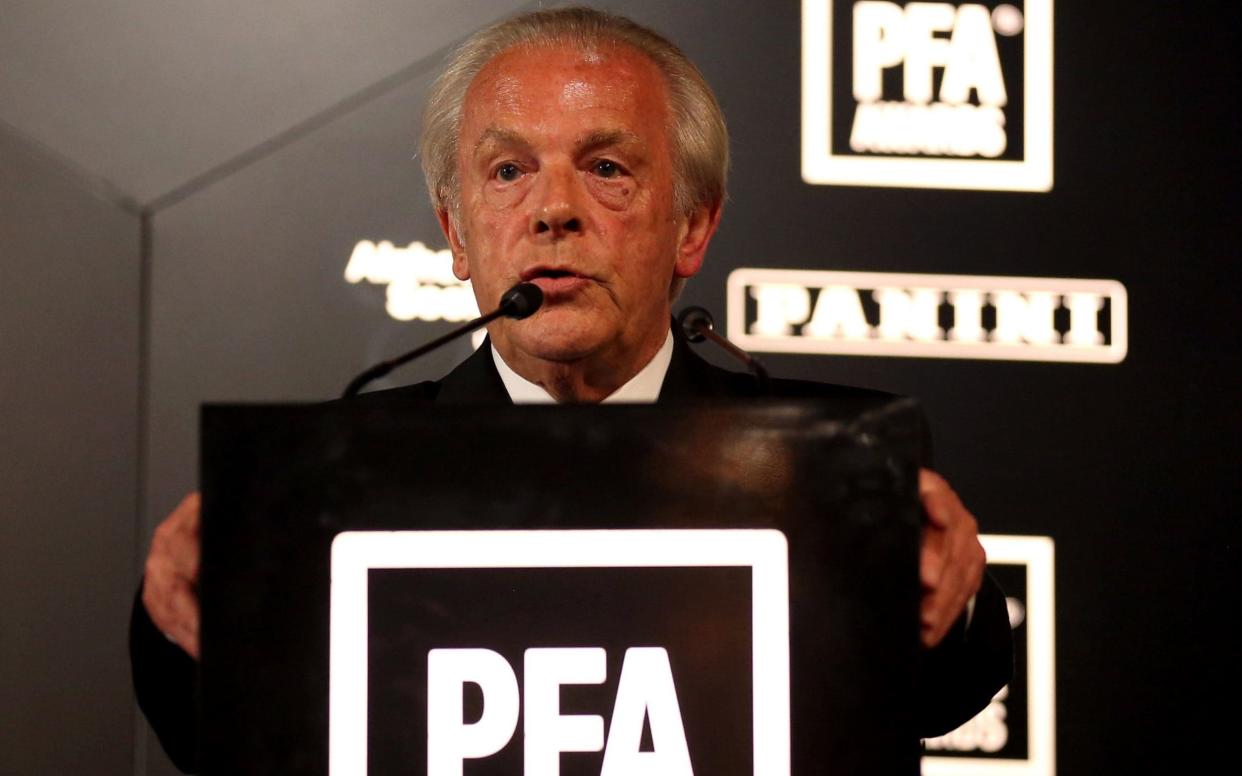PFA warns proposed salary caps for League One and League Two could be 'unlawful'

The Professional Footballers’ Association has warned that the proposed salary caps for League One and League Two could be 'unlawful' and 'unenforceable' and urged clubs not to vote through the plans on Friday until there has been further consultation on the process.
EFL clubs are due to vote tomorrow on new budgetary controls that would limit annual spending on wages to £2.5 million in League One and £1.5m in League Two.
But the PFA has sent a report to all club chief executives and the EFL calling for the brakes to be put on the proposals after expressing surprise and disappointment at what they feel have been attempts to oust the players’ union from the consultation process, despite the “seismic change” salary caps would bring about.
In their 17-page report, the PFA have cited the time it took Formula One, Uefa and Premiership Rugby to introduce new regulatory frameworks, which ranged from 11 to 25 months, and accused the EFL of trying to railroad the salary caps through.
The union said they had invited the EFL to a period of “expedited arbitration” in August, in advance of the new season on Sept 12, and before the transfer window closes on Oct. 5, in order to “reach a shared agreement on the way forward”.
“The EFL has a legal obligation to consult with the PFA and the Professional Football Negotiating and Consultative Committee (PFNCC), over any potential changes to a player’s conditions,” the PFA said in a statement.
“This consultation has not happened, and as such, we are gravely concerned that any cap brought in will be unlawful and unenforceable, which will ultimately be detrimental to everyone involved.”
Amid criticism that they are only interested in protecting the earning power of players, the PFA stressed that they were not opposed to robust cost control measures and insisted they recognised the need for English football to operate in a “sustainable manner” after the Covid-19 crisis exposed the weak financial foundations of many EFL clubs.
But they said they were eager to avoid the implementation of salary caps that could be open to abuse and not “appropriately adhered to or effectively monitored”. Gordon Taylor, the PFA chief executive, has also warned previously about the possibility of salary caps serving as a deterrent to future investors.
“The report has raised concerns that the proposed cap is being rushed through, without proper consideration or consultation,” the PFA added.
“Like everyone involved in football, we want to see sustainable clubs at all levels. We absolutely understand and appreciate the huge economic pressure that clubs have come under due to the Covid-19 crisis.
“However, we have significant reservations about the measures being proposed and the speed at which these are being implemented.
“The introduction of a salary cap in English football represents a seismic change. It is a change that will have far-reaching and significant impacts right across the professional game. We must take the time to ensure that these are properly considered and understood.
“We have been surprised and disappointed at the level of consultation and engagement around these proposals so far. It is, undoubtedly, in the best interests of the clubs, the leagues and the players that we work together on this important issue.”

 Yahoo News
Yahoo News 
